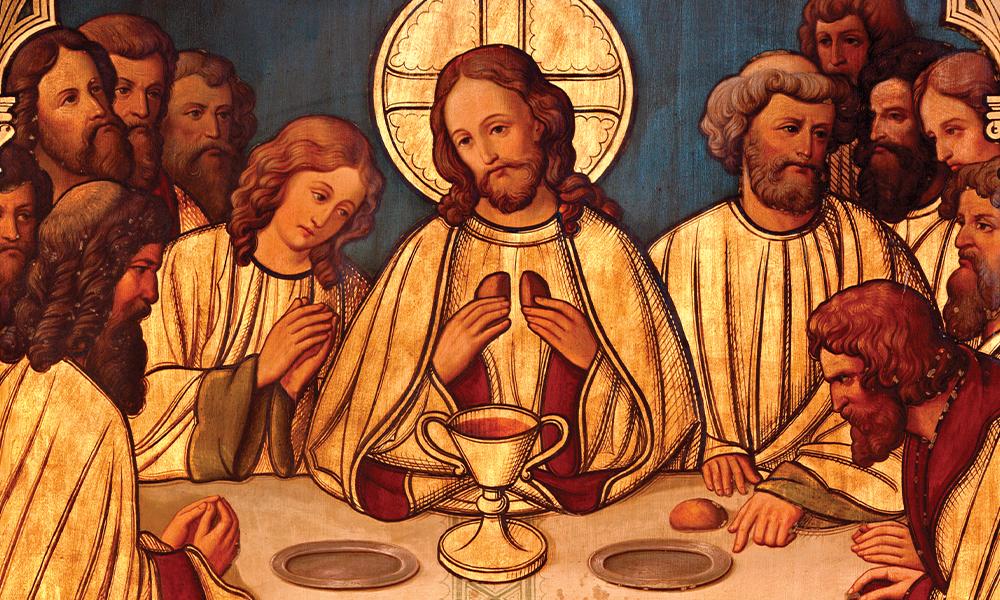
All Good Gifts From the All-Good God
Even amid a resurgent pandemic and the wildfires, storms and floods that have afflicted our late summer and early fall, there are reasons to be thankful. That, of course, can sound like something the most naïve person might say, but it rings true for the follower of Christ.
Even amid a resurgent pandemic and the wildfires, storms and floods that have afflicted our late summer and early fall, there are reasons to be thankful. That, of course, can sound like something the most naïve person might say, but it rings true for the follower of Christ.
All of us, sooner or later, have to deal with gripping losses. Loved ones die. Family homes are vacated and sold off. Projects in which we have invested hours and even years blow up or are unraveled by our successors. Children turn to drugs. Good people are killed by drunk drivers. A neighbor is shot in a drive-by. Babies are aborted. Madmen take over cities which our soldiers fought to protect. Our health takes a downturn. Woods and vacant lots we relished get paved over as big box stores are built.
These are just a few of the sad things we endure. In some ways, it is easier when we can blame someone. Human beings have free will, after all, and we know that, from the beginning of recorded time, people have made choices that had evil and even deadly effects on others.
What is harder is when nature smashes buildings or sweeps infants from their mothers’ arms. As prayerful disciples of Jesus, we don’t want to blame a good, merciful God. So we question. We wrestle with the apparent fact that creation allows for viruses and lightning strikes and venomous snakes to act with considerable freedom. St. Thomas Aquinas proposed something we don’t like to hear: that chance, too, can be part of Divine Providence. Some things can go this way, some that. And God’s loving will can still finally be done.
Jesus resisted putting blame for falling towers on specific human sin.
He didn’t answer the questions of theodicy, or why the God of all-good allows evil actions and events to harm virtuous people. He did, however, maintain that God is present with us at all times in all things.
And St. Paul claimed, in light of the Resurrection, that “all things work for good for those who love God” (Rom 8:28).
We just wish we could see how — right now.
So what does this all have to do with Thanksgiving? And how are we to muster up cheer and gratitude if 10 people we love have died since the last Thanksgiving?
Tennyson’s frequently quoted poetic line seems apt here: “’Tis better to have loved and lost than never to have loved at all.” When we stand back from grief and renounce bitterness, we can admit that it was good that the parents or colleagues or children or grandchildren we have lost were on the planet and in our lives. It is good that we can remember forests and open fields in which we played and streams and surf in which we splashed.
We also can train ourselves to look around and assess what good remains. There are kind people, good causes, beautiful gardens and places where we can worship. At the end of the day, and as we celebrate still another Thanksgiving, we can practice a simple spiritual discipline: Count our blessings.
Sister Pamela Smith, SSCM, Ph.D., is the diocesan director for the Office of Ecumenical and Interreligious Affairs. Email her at psmith@charlestondiocese.org.
